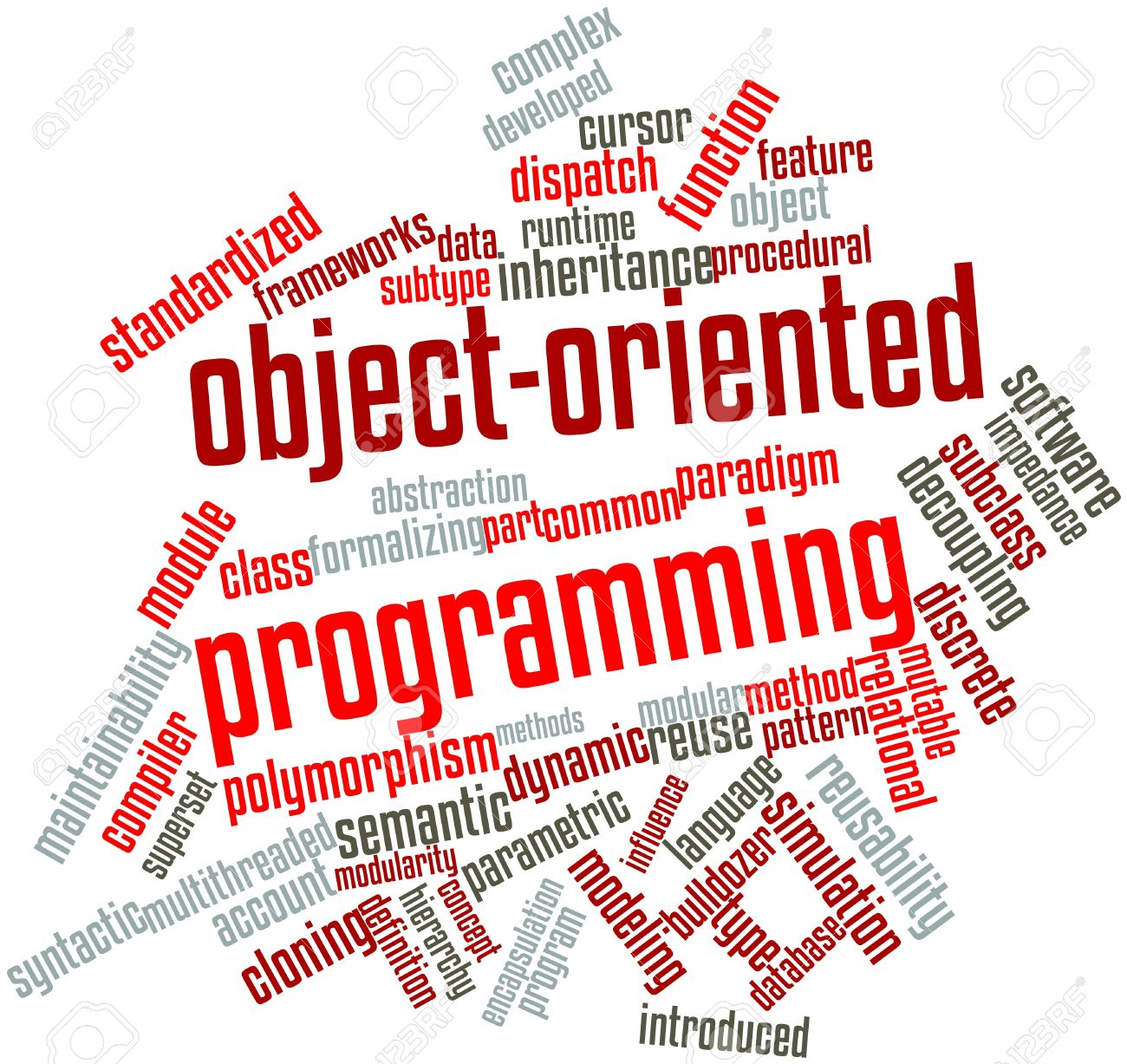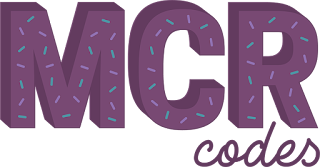Week 5 - Session 1 - Object Oriented Programming
 |
| blog image source |
Examples of Object Oriented languages include Java, Ruby, Python, PHP. JavaScript is a multi-paradigm language, most Object Oriented languages are class-based where JavaScript is prototype-based. Advantages of OOP can be from various aspects:
- Code Reuse: Object Oriented Programming enables the reuse of code from one program into another program through objects.
- Data Integrity: Through encapsulation, it becomes easier to achieve data integrity and consistency by validating data and restricting the user from directly accessing the data/data members.
- Simple-Complex Design: Object Oriented Programming allows a designer to model large complex systems into simple and manageable designs.
- Software Maintenance: An Object Oriented Program is much easier to maintain as compared to a non-Object Oriented piece of software.
The four principles of OOP - https://anampiu.github.io/blog/OOP-principles/
Object-Oriented Programming Concepts - https://docs.oracle.com/javase/tutorial/java/concepts/index.html

